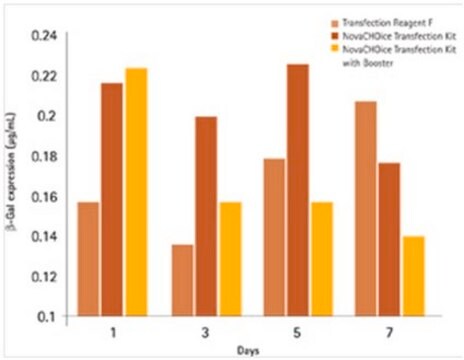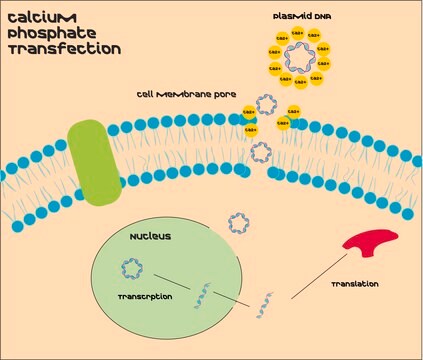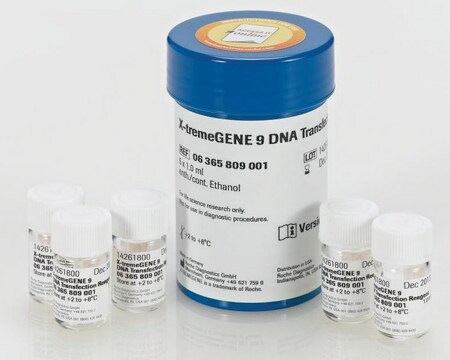MABN2484
Anti-ErbB4 Antibody, clone mAB10
clone mab10, from rabbit
Synonyme(s) :
Receptor tyrosine-protein kinase erbB-4, Proto-oncogene-like protein c-ErbB-4
About This Item
IHC
IP
WB
immunohistochemistry: suitable (paraffin)
immunoprecipitation (IP): suitable
western blot: suitable
Produits recommandés
Source biologique
rabbit
Forme d'anticorps
purified immunoglobulin
Type de produit anticorps
primary antibodies
Clone
mab10, monoclonal
Espèces réactives
mouse
Conditionnement
antibody small pack of 25 μL
Technique(s)
ELISA: suitable
immunohistochemistry: suitable (paraffin)
immunoprecipitation (IP): suitable
western blot: suitable
Isotype
IgG
Numéro d'accès NCBI
Numéro d'accès UniProt
Modification post-traductionnelle de la cible
unmodified
Informations sur le gène
mouse ... Erbb4(13869)
Description générale
Spécificité
Immunogène
Application
Western Blotting Analysis: A representative lot detected ErbB4 in Western Blotting applications (Vullhorst, D., et. al. (2009). J Neurosci. 29(39):12255-64).
ELISA Analysis: A representative lot detected ErbB4 in ELISA applications (Vullhorst, D., et. al. (2009). J Neurosci. 29(39):12255-64).
Immunohistochemistry Analysis: A representative lot detected ErbB4 in Immunohistochemistry applications (Vullhorst, D., et. al. (2009). J Neurosci. 29(39):12255-64).
Immunoprecipitation Analysis: A representative lot immunoprecipitated ErbB4 in Immunoprecipitation applications (Vullhorst, D., et. al. (2009). J Neurosci. 29(39):12255-64).
Neuroscience
Qualité
Immunohistochemistry (Paraffin) Analysis: A 1:250 dilution of this antibody detected ErbB4 in mouse cerebral cortex tissue sections.
Description de la cible
Forme physique
Stockage et stabilité
Autres remarques
Clause de non-responsabilité
Vous ne trouvez pas le bon produit ?
Essayez notre Outil de sélection de produits.
Certificats d'analyse (COA)
Recherchez un Certificats d'analyse (COA) en saisissant le numéro de lot du produit. Les numéros de lot figurent sur l'étiquette du produit après les mots "Lot" ou "Batch".
Déjà en possession de ce produit ?
Retrouvez la documentation relative aux produits que vous avez récemment achetés dans la Bibliothèque de documents.
Notre équipe de scientifiques dispose d'une expérience dans tous les secteurs de la recherche, notamment en sciences de la vie, science des matériaux, synthèse chimique, chromatographie, analyse et dans de nombreux autres domaines..
Contacter notre Service technique






